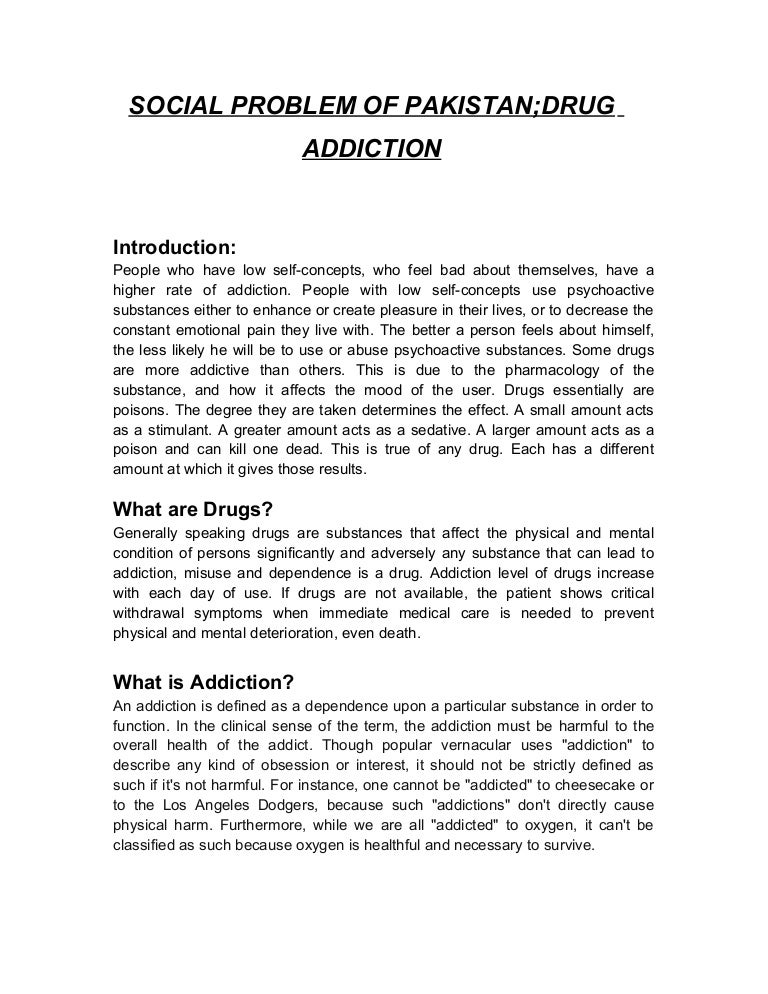Are you interested in finding 'essay about addiction models'? Here you can find the answers.
Models of Addiction Essay Biopsychosocial Model Of Addiction. The Last Common Pathway of Addiction Model (FCP of Addiction Model) is essentially...Addiction Models. Substance Use Doings Addiction is regarded as having A multitude of causations and contributing...Model Of Addiction. The disease model of dependency and the moralistic model of dependence provide completely...
Table of contents
- Essay about addiction models in 2021
- Drug addiction lyrics
- Personal essay on addiction
- Addiction essay examples
- Disease model of addiction essay
- Addiction essay samples
- Addiction essay topics
- Essay about addiction models 08
Essay about addiction models in 2021
 This image illustrates essay about addiction models.
This image illustrates essay about addiction models.
Drug addiction lyrics
 This image representes Drug addiction lyrics.
This image representes Drug addiction lyrics.
Personal essay on addiction
 This picture illustrates Personal essay on addiction.
This picture illustrates Personal essay on addiction.
Addiction essay examples
 This image representes Addiction essay examples.
This image representes Addiction essay examples.
Disease model of addiction essay
 This image demonstrates Disease model of addiction essay.
This image demonstrates Disease model of addiction essay.
Addiction essay samples
 This picture shows Addiction essay samples.
This picture shows Addiction essay samples.
Addiction essay topics
 This picture representes Addiction essay topics.
This picture representes Addiction essay topics.
Essay about addiction models 08
 This picture demonstrates Essay about addiction models 08.
This picture demonstrates Essay about addiction models 08.
What is a characterological model of an addict?
Characterological or psychological model views addiction as character or personality abnormality. Proponents explain that addicts usually possess addictive personality which is inherent. This addictive personality leads to deficit in psychological and personal boundaries.
Do You Believe in the disease model of addiction?
Alcoholics Anonymous, although they do not officially promote the fact, due to their wish of avoiding any public controversy, surrounding the disease concept of addiction, base their 12 step programme around the disease model and beliefs (Kurtz, 2002).
When did Dr Silkworth write the disease model of addiction?
The Disease Model Of Addiction Psychology Essay. In 1933 Dr Silkworth told Bill Wilson, the co-founder of Alcoholics Anonymous, that his opinion on addiction, was that he seen it having no connection to habit, vice or a weak character but an illness which shared both physical and mental compositions.
How are social education models used to treat addiction?
Social education model treatment interventions include realistic goal setting, correct estimation, impulse control training, reconditioning, appropriate modeling, skill training and cognitive exercise. Recommended treatment specialists include behavioral or cognitive counselor and suitable peer modeling.
Last Update: Oct 2021